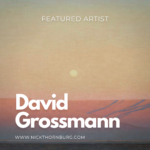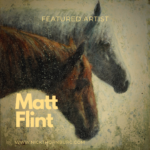Asceticism is a practice with a long history the world over. Typically, the practice consists of some form of abstinence, frugality, and retreat—or a combination of all three—for a specific spiritual purpose. Some ascetics pursue redemption, others seek communion with their deity of choice, and still others remove themselves from the distractions of the world to discover an ephemeral thing… Read more →










